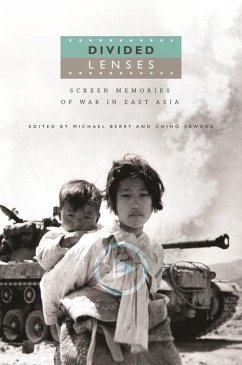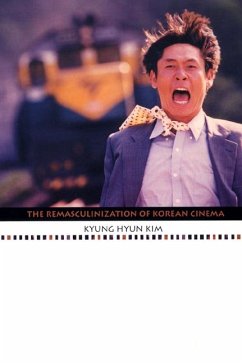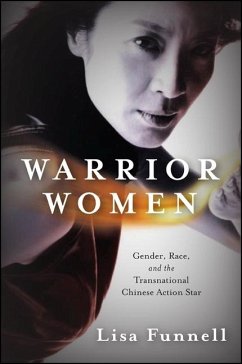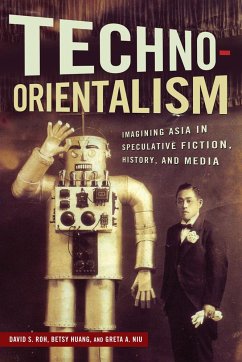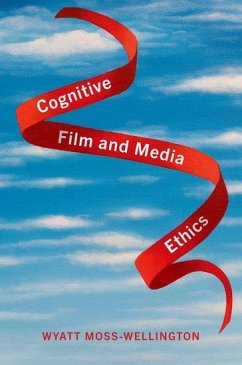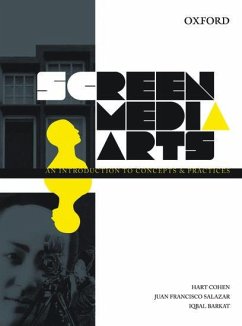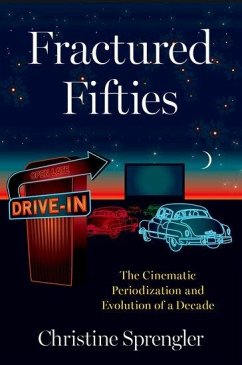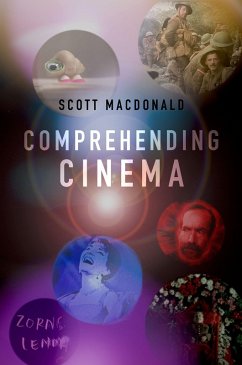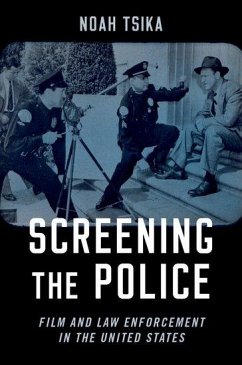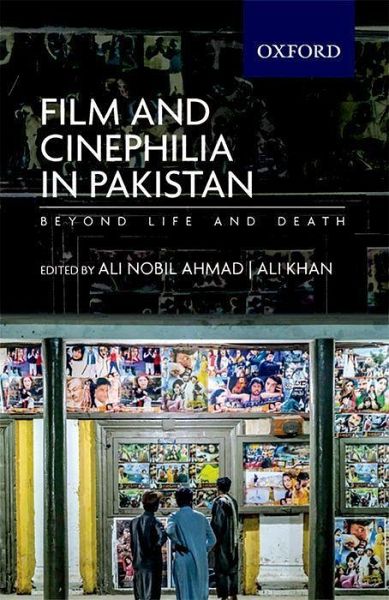
Film and Cinephilia in Pakistan
Beyond Life and Death
Herausgeber: Ahmad, Ali Nobil; Khan, Ali
Versandkostenfrei!
Versandfertig in über 4 Wochen
15,99 €
inkl. MwSt.

PAYBACK Punkte
8 °P sammeln!
This volume is a carefully curated selection of recently published academic research, critical essays, translations, and interviews on Pakistani cinema. Indispensable for film enthusiasts, students, and scholars of cinema in Pakistan and beyond, it brings cutting edge works previously trapped behind paywalls together with neglected writings by figures such as Manto, Faiz Ahmed Faiz, and Muhammad Hasan Askari. Certain to become a classic in the burgeoning field of South Asian film and media studies, its scope encompasses past and present complexities of filmmaking, distribution, and cinephilia ...
This volume is a carefully curated selection of recently published academic research, critical essays, translations, and interviews on Pakistani cinema. Indispensable for film enthusiasts, students, and scholars of cinema in Pakistan and beyond, it brings cutting edge works previously trapped behind paywalls together with neglected writings by figures such as Manto, Faiz Ahmed Faiz, and Muhammad Hasan Askari. Certain to become a classic in the burgeoning field of South Asian film and media studies, its scope encompasses past and present complexities of filmmaking, distribution, and cinephilia in a country whose rich cinematic heritage is just beginning to be appreciated.



